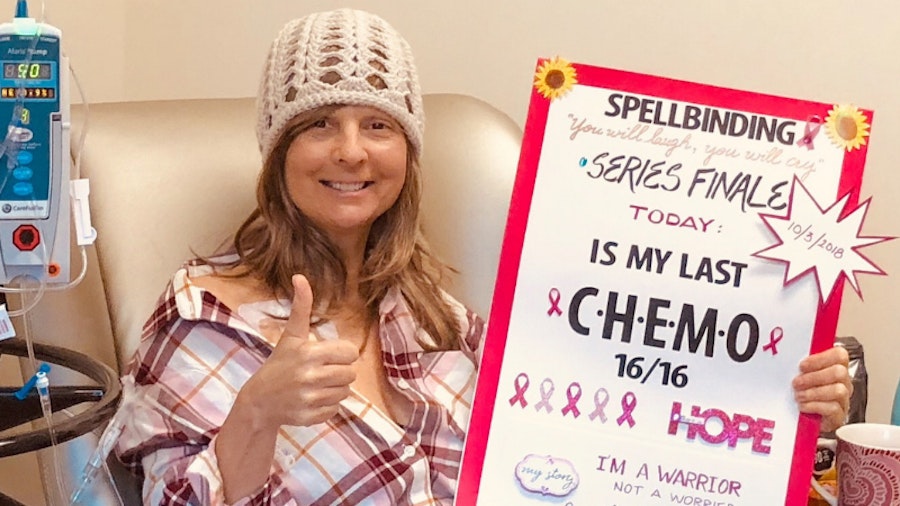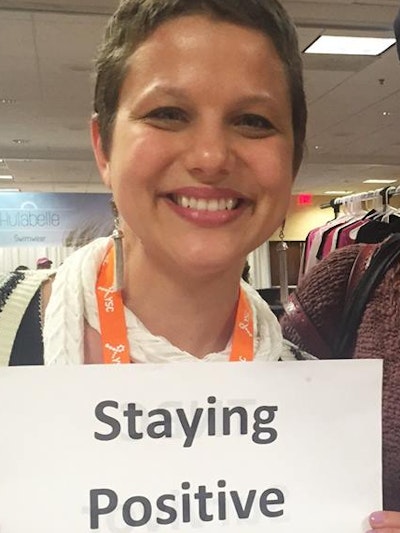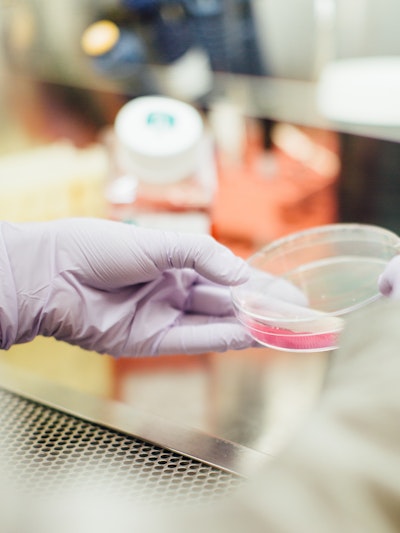Doctors use the same tests and surgeries to figure out treatments for triple-negative breast cancers as they do for other kinds of breast cancer. Your treatment will be based on tumor size, tumor grade and whether the cancer has traveled to your lymph nodes or other parts of your body. Standard treatment options for triple negative breast cancer include chemotherapy, surgery and radiation.

Treatment Options
Which treatment is right for you?
Surgery
Your doctor will likely recommend some type of surgery, with the goal of removing the cancer from your breast. In lumpectomy, also called breast-conserving surgery, the surgeon removes the tumor plus a small rim of normal tissue around the tumor, called a margin.
Chemotherapy
You are likely to receive chemotherapy, medicine that kills cancer cells everywhere in your body. This type of treatment is called systemic, or whole-body, therapy, and it may be given by vein or in some cases by pill. The goal of chemotherapy is to prevent metastasis, when breast cancer comes back and spreads to other parts of the body. A metastatic recurrence occurs when cancer cells travel away from the breast and start growing in other organs such as the bones, liver, lungs or brain.
Chemotherapy may be given before or after surgery. If you have a tumor that is very large or you have a sizable tumor and want a lumpectomy, your doctor may recommend chemotherapy before surgery, also called neoadjuvant therapy. This therapy shrinks the tumor and helps your doctor learn how sensitive the tumor is to chemotherapy.
Chemotherapy is the most effective systemic treatment for triple negative breast cancer. The reason is that chemotherapy works better than other treatments at killing cancer cells that divide quickly, which is very common in triple negative disease. When triple negative breast cancers are found early, response rates to chemotherapy are high. Doctors try to lessen the chance of a metastatic recurrence by treating the whole body, including any areas where very tiny cancer cells may have traveled. Often, the chemotherapy that you receive will be the same type given to people with hormone receptorpositive or HER2-positive breast cancer. Studies show chemotherapy works better against triple negative cancers than hormone receptor positive breast cancers. There are many types of chemotherapy, and you and your doctor will choose the best one for you.
In rare cases, you might not receive chemotherapy; for example, if you have a very low-grade tumor (the cancer cells are not dividing quickly), if the tumor is very small, or if the risks of chemotherapy outweigh the benefits. Because chemotherapy is a common treatment for triple-negative breast cancer, always ask your doctor to explain the reasons why you would not receive it.
Radiation
Radiation is a local therapy that kills cancer cells left after surgery in the area where the breast cancer was found. It helps protect you from a local recurrence, cancer coming back in the same place. Radiation usually is given from outside your body by an external beam. It can be given inside the body in some circumstances. If you have a lumpectomy, you will need radiation to kill any cancer cells left in the breast and sometimes in the underarm area. Radiation also may be given after mastectomy if your surgeon found cancer close to your chest wall or in your lymph nodes. Ask a member of your healthcare team to explain the reasons why you need the treatment.
Targeted Drug Therapies
Antibody-Drug Conjugates (also known as ADCs) help target and deliver chemotherapy directly into cancer cells and surrounding tissue, leading to higher efficacy and reduced damage to surrounding normal, healthy cells. Most ADCs have chemotherapy-like side effects.
The ADC sacituzumab (brand name Trodelvy) is approved for locally advanced and/or metastatic TNBC for those who have already received two or more systemic therapies (at least one of them for metastatic disease). Sacituzumab significantly improves survival compared to standard chemotherapy. Sacituzumab is currently being investigated for early stage breast cancer, so it may be approved for early stage TNBC in the future. Ask your doctor about adding antibody-drug conjugates to your chemotherapy treatment plan.
Immunotherapy
Using medicines, immunotherapy boosts your immune system so that it can do a better job of recognizing and fighting cancer cells. To do this, immunotherapy medicines target specific immune system proteins.
Pembrolizumab (Keytruda) is an immunotherapy drug that targets the PD-1 protein. Pembrolizumab was approved for advanced PD-L1+ TNBC in 2020 based on the KEYNOTE-355 trial. Based on ongoing data from this trial, we know that adding pembrolizumab to chemotherapy for advanced PD-L1+ TNBC improves survival. Recently, pembrolizumab was found to improve outcomes for women with early stage TNBC, and was just approved for use in those with high-risk, early-stage TNBC! Talk to your doctor about pembrolizumab, its side effects, and its treatment regimen to decide if it is right for you.
Clinical Trials
A clinical trial is a research study that investigates new or emerging treatments for a disease and compares these treatments to established protocol to determine their effectiveness, safety or new usage. Clinical trials can be an important part of your treatment plan. For triple negative breast cancer patients, there may be times when a clinical trial offers the best opportunity for new or emerging therapies.
TNBC Foundation offers two clinical trial matching services to help connect patients with trials that match their exact diagnosis, stage and treatment history.
Find a clinical trial




